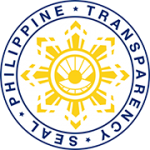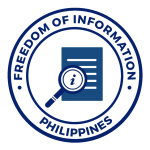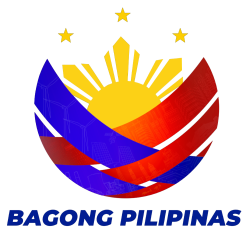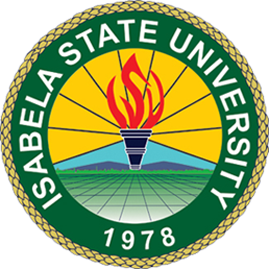UNIVERSITY EXTENSION SERVICES STRATEGIC GOALS AND OBJECTIVES
University Extension Strategic Goals
The long-term goal of the university is to sustain its active role in the realization of a socio-economic development that enhances the quality of life of the people in the province of Isabela, in particular, and the Cagayan Valley Region, in general. To sustain this role, the University Extension Services shall package and disseminate appropriate technologies generated through research to increase productivity and income geared towards the improvement of the quality of life of partner communities. To attain its goal, the following objectives have to be realized;
Strategic Objectives
2.1. To evolve, develop and promote an effective and integrated need-based extension modality that will transform a pilot barangay into self-reliant, empowered and progressive community;
2.2. To continuously enhance the transfer, utilization and commercialization of matured technologies that would support rural livelihood enterprises, ensure food security and people empowerment;
2.3. To attain the highest level of accreditation of the extension and training programs by the accrediting bodies;
2.4. To continuously upgrade the competence of manpower and facilities;
2.5. To establish and sustain partnership with other government line agencies, Local Government Units; NGOs and GOs, etc.;
2.6. To assist LGUs in building up their capabilities in the delivery of extension programs and services;
2.7. To implement gender and development (GAD)-related programs/activities at various levels in partnership with stakeholders;
2.8. To establish a functional mechanism for monitoring and evaluation of extension and training services;
2.9. To provide adequate resources that will effectively and efficiently deliver extension services to partners;
2.10. To provide incentives to faculty in the conduct of extension projects and services.
UNIVERSITY EXTENSION SERVICES GUIDING PRINCIPLES AND PHILOSOPHY
As a state institution, ISU extension and training services shall be anchored on a philosophy that we must always be open and ready for the services to the people especially the underserved, deprived and marginalized communities. This philosophy shall be reinforced by well-chosen set of guiding principles as follows:
• Volunteerism
First and foremost, volunteerism shall always be the tagline and guiding principles in all extension endeavor of every faculty and personnel in the university. Volunteerism is an action given freely and voluntary by an individual without an expectation for a return or benefits from it. This has been the guiding principle enshrined in the Adopt-A-Barangay Program of the University which ensured success. Faculty and staff from the colleges depending on their core strength and mandate have been immersed in selected communities extending various kinds of services and outreach activities.
• Partnership and Convergence
It is accepted that the university is lacking in some resources especially financial, however, we have our internal strength that can be shared and to be used to exploit and maximize potentials and opportunities from external environment. On the other hand, no person or institution has the monopoly of resources, nor has all the strength with no weaknesses. It is on these premises that our university extension services shall be served in partnership and convergence with ever willing individuals and institutions to complement resources and match others’ weaknesses. Partnerships and convergence are the keys to mutually achieve a common goal and create greater impact on the lives of the people we ought to serve.
• Need-Based and Problem-Oriented
Resources are always limiting and therefore the need to focus, streamline and prioritize. Extension services should always take cognizant of the most prevalent and serious problem of clients and address it head on. The need of the poor people must always be put forward for action first before other concerns.
• Community-based Approach for People Empowerment
Broadly, community-based is conceive as the process by which people themselves are provided by an opportunity and, or responsibility to manage their resources, define their needs, goals and aspiration and make decisions affecting their well-being. Extension services and technical assistance from the university also requires active participation of the people in the community to ensure sustainability.
• Participatory and Bottoms-Up Approach
In planning and decision making for the community, the people and other stakeholders must participate and their voices be heard collectively. Community officials and institutions must also be recognized and consulted in the process. Consultations and dialogues are always the effective medium by which participatory approach is effective to achieve an end goal of people empowerment.




